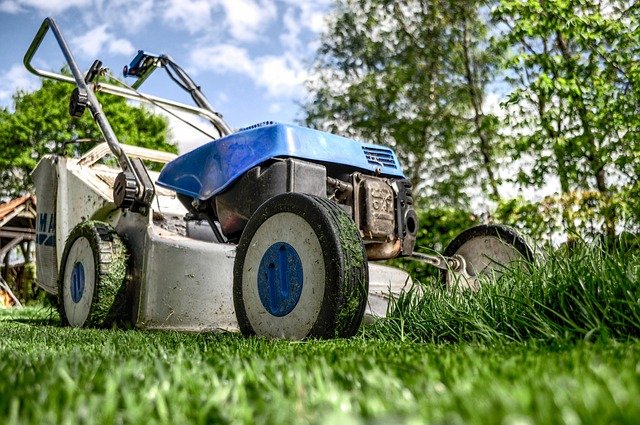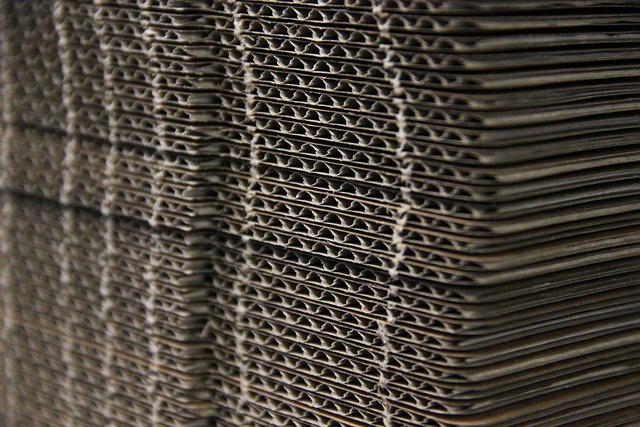The Complete Guide to Lawn Mowers for Seniors
Maintaining a well-kept lawn becomes more challenging as we age, but the right lawn mower can make this essential task more manageable and enjoyable. For seniors, factors like weight, maneuverability, starting mechanism, and safety features take on greater importance when selecting a lawn mower. This comprehensive guide explores lawn mower options specifically suited to older adults' needs, helping you or your loved ones maintain independence and pride in lawn care while prioritizing comfort and safety.

What makes a lawn mower senior-friendly?
A senior-friendly lawn mower prioritizes ease of use and safety above all else. The starting mechanism is perhaps the most important feature—traditional pull-cord starters require significant upper body strength and can strain shoulders, wrists, and backs. Electric-start options eliminate this concern, allowing users to begin mowing with the simple push of a button or turn of a key.
Weight and maneuverability also play crucial roles in determining suitability for older users. Lighter models reduce physical strain during operation and transportation. Self-propelled mowers that move forward with minimal pushing effort can significantly decrease fatigue and strain. Additionally, ergonomic features like adjustable handles, comfortable grips, and intuitive controls make the mowing experience more comfortable and reduce the risk of repetitive stress injuries.
Safety features are another critical consideration. Models with automatic shut-off capabilities when the handle is released provide essential protection. Noise levels should also be considered, as quieter mowers (particularly electric models) can help prevent hearing damage and reduce overall stress during operation.
Why choose a lawn mower made for seniors?
Selecting a lawn mower designed with seniors’ needs in mind offers numerous benefits that extend beyond simple convenience. Independence is perhaps the most significant advantage—having the appropriate equipment allows older adults to maintain their property without relying on family members or paid services, fostering a sense of self-sufficiency and accomplishment.
Health benefits also come into play, as regular outdoor activity like mowing provides moderate exercise, fresh air, and vitamin D exposure. However, these benefits are only realized when using equipment that doesn’t cause undue strain or safety hazards. Senior-friendly mowers minimize the physical demands of lawn care while still providing its therapeutic advantages.
Cost efficiency represents another compelling reason to invest in an appropriate mower. While hiring lawn care services provides convenience, the recurring expense can be substantial over time. A one-time investment in a suitable mower can pay for itself relatively quickly while allowing for maintenance on the homeowner’s schedule rather than service availability.
Types of lawn mowers suitable for seniors
The market offers several categories of lawn mowers that may work well for older adults, each with distinct advantages depending on the user’s physical capabilities and lawn characteristics.
Electric cordless mowers have gained significant popularity among seniors due to their lightweight design, push-button starting, and minimal maintenance requirements. These battery-powered models eliminate the need for gasoline, oil changes, spark plug replacements, and pull cords. They operate much more quietly than gas models and produce zero emissions, making them environmentally friendly. The main considerations are battery life (typically 30-60 minutes per charge) and slightly less cutting power than gas equivalents, though modern lithium-ion batteries have significantly improved performance.
Self-propelled gas mowers offer excellent power and coverage for larger lawns. The self-propulsion feature reduces the physical effort required, as the mower moves forward with minimal pushing. While heavier than electric models, many newer gas mowers feature electric start options that eliminate the traditional pull cord. These mowers require more maintenance than electric versions, including oil changes, air filter replacements, and winterization, but they provide consistent power for challenging cutting conditions.
Robot lawn mowers represent the most hands-off solution, requiring only initial setup and occasional maintenance. These autonomous units operate on programmed schedules, navigating the lawn via boundary wires or GPS systems. While the upfront cost is higher than traditional mowers, they eliminate virtually all physical effort from lawn maintenance. Most models can handle moderate slopes and automatically return to charging stations when batteries run low. For seniors with mobility challenges or those who want to eliminate the physical aspects of mowing entirely, robotic mowers offer an innovative solution.
Comparing lawn mower options for seniors
When selecting a lawn mower for seniors, understanding the practical differences between available options helps make an informed decision based on individual needs and property requirements.
| Mower Type | Weight Range | Starting Method | Maintenance Level | Approximate Price Range |
|---|---|---|---|---|
| Electric Cordless | 30-60 lbs | Push-button | Low (no oil/gas) | $200-$600 |
| Self-Propelled Gas | 65-90 lbs | Electric or pull-cord | Moderate to High | $300-$900 |
| Robot Lawn Mower | 15-30 lbs | Automatic | Low (blade replacement) | $800-$3,000 |
| Manual Reel Mower | 20-35 lbs | Manual push | Very Low | $80-$200 |
| Riding Lawn Mower | 400-600 lbs | Key start | High | $1,200-$3,000+ |
Prices, rates, or cost estimates mentioned in this article are based on the latest available information but may change over time. Independent research is advised before making financial decisions.
Safety considerations for senior lawn care
Safety should be paramount when selecting and using lawn mowers at any age, but especially for seniors. Look for mowers with “dead man” switches that automatically stop the blade when the operator releases the handle. Models with improved visibility features and clear indicators for fuel levels, battery life, and operational status help prevent accidents and miscalculations.
Proper footwear with non-slip soles and good ankle support is essential, as is hearing protection, particularly with louder gas-powered models. Scheduling lawn mowing for cooler parts of the day—early morning or evening—helps reduce the risk of heat exhaustion or dehydration. Additionally, seniors should consider their property’s specific challenges, such as slopes, uneven terrain, or obstacles, when selecting a mower. For properties with significant hills or challenging terrain, professional lawn services might be the safest option for specific areas, even if the homeowner maintains flatter sections independently.
Maintaining lawn mowers for longevity
Regular maintenance ensures optimal performance and extends the life of any lawn mower. For seniors, choosing models with simplified maintenance requirements reduces both physical strain and the need for professional service visits.
Electric mowers offer the simplest maintenance regimen, primarily requiring blade sharpening, battery care, and keeping air intakes clear of debris. Gas models demand more attention, including regular oil changes, air filter replacements, spark plug checks, and seasonal preparations. Creating a simple calendar for these tasks helps establish a routine that prevents larger issues. Many dealers offer annual maintenance packages that include pickup and delivery—a worthwhile investment for seniors who prefer not to handle technical maintenance tasks themselves.
Proper storage also significantly impacts mower lifespan. Keeping equipment in dry, covered areas protects against weather damage and corrosion. For those with limited storage space, models with folding handles or vertical storage capabilities provide practical solutions while minimizing the lifting required to position the mower.
By understanding what makes lawn mowers suitable for seniors and carefully evaluating the available options, older adults can continue enjoying the satisfaction of maintaining their own lawns safely and comfortably for years to come.




